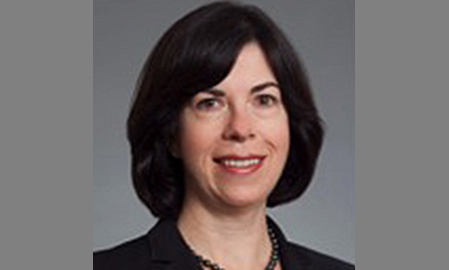In many ways, Generations X and Y—roughly spanning ages 20 to 48—represent the future of health and wellness. They have seen water become a socially acceptable alternative to soda, cigarettes rise to $10 per pack, and yoga bring a new definition of fitness to the mainstream.
Websites, apps and wearable monitors have put a host of information for self-monitoring and diagnosis at the fingertips of some. So, with all of their seeming advantages, are today’s young adults on their way to healthier lives in middle age and beyond?
New data from GfK’s Roper Diabetes study series gives cause for concern. We found that 39% of Gen X and Y adults with Type 2 diabetes have A1c levels of 7 or above—the “worry zone” for blood sugar—compared to 26% of those 65 and older. And only about half (49%) say that their diabetes is “completely” or “well” under control.
In addition, these young diabetes patients are more often obese—75% of them, compared to 47% of those 65 and above. Just 15% consider their health “excellent” or “very good”—less than half the percentage for the presumably more fragile 65-plus crowd (34%).
Our research also shows that, compared to older groups, Generations X and Y are twice as likely to be managing their Type 2 diabetes without medication. Because diabetes is a progressive condition, suboptimal disease management now will make it harder to avoid truly dangerous complications later on. And we know from experience that health attitudes and practices established in early adulthood often carry over—and may even be magnified—when middle age arrives.
Why are these young people acknowledging their own ill health, but failing to deal with it? Some would say it is the “Invincibles” syndrome—that teenagers and young adults (especially Generation Y) feel they can get by without traditional medical care, and that their problems cannot really be that serious. In recent GfK MRI research, 40% of Gen Y agreed strongly that they only go to the doctor when “very ill,” and 47% feel that they are “[their] own doctor.”
But the origins of this healthcare avoidance are complicated. Our study also shows that more than half (57%) of young adults with Type 2 diabetes “often worry” about the cost of their illness—compared to 31% of 65-plus sufferers. Almost half (47%) of Type 2 patients in the 20-to-48 age group say they have reduced the number of visits they make to a doctor or healthcare provider because of the cost; and 37% report testing less frequently to save money.
Whatever the price—real or imagined—to young people now, it will be profoundly magnified in the years to come if treatment is mishandled. Nearly all of the major players in the health marketplace—professionals, payors, insurers and healthcare organizations—have a clear interest in giving young adults with diabetes a dose of realism. An unusual degree of cooperation is needed to take diabetes awareness to a new level—similar even to anti-cigarette campaigns.
The key is to reach Generations X and Y where it matters most; their media habits and social influences are much different even from each other, and targeting these diabetes patients accurately is essential to effective messaging. According to GfK MRI, while Gen Y’ers heavily favor the Internet as a reliable information source, Gen X retain a stronger interest in traditional media.
The problems that today’s young adult diabetes sufferers will likely face in years to come are predictable and very real. To head them off at the pass requires diligence and careful study of their very different attitudes, needs and preferences.
Mary McBride is Vice President of GfK’s Roper Diabetes team. She can be reached at [email protected].








